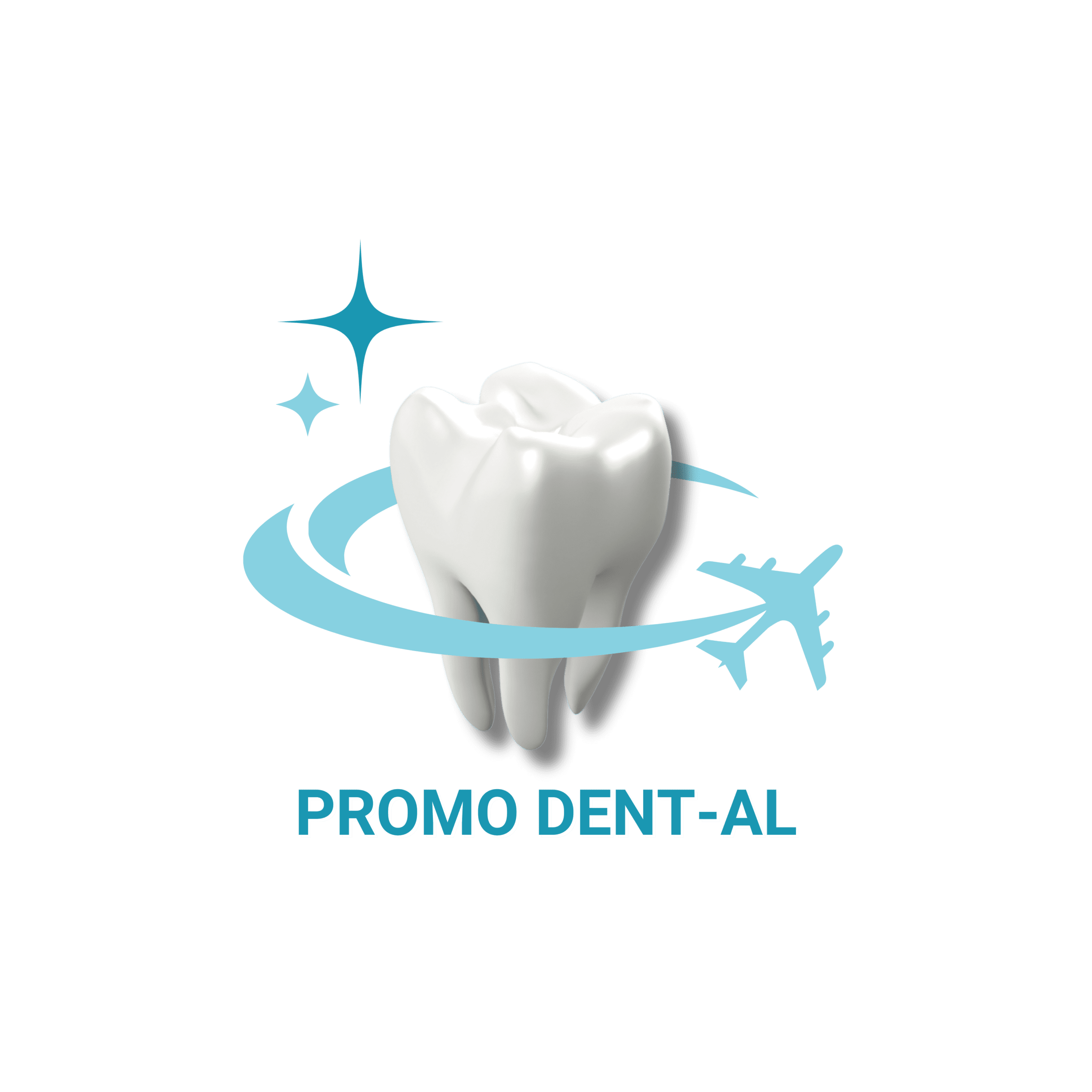Protect your teeth health with regular teeth cleaning.
Teeth cleaning, also known as dental prophylaxis or scaling and polishing, is a routine dental procedure performed to remove plaque, tartar (calculus), and stains from the surfaces of teeth. It is an essential part of maintaining good oral hygiene and preventing dental problems such as cavities, gum disease, and bad breath.
Here are the key aspects of teeth cleaning:
- Plaque and Tartar Removal: Plaque is a sticky film of bacteria that forms on the teeth, especially along the gumline. If not removed regularly through brushing and flossing, plaque can harden into tartar, which cannot be removed by regular brushing alone. During teeth cleaning, the dentist or dental hygienist uses specialized instruments to carefully remove plaque and tartar from the teeth surfaces, including those hard-to-reach areas.
- Scaling: Scaling involves the removal of tartar deposits from the tooth surfaces using hand scalers or ultrasonic instruments. This process helps prevent gum disease by eliminating the bacteria and toxins that accumulate around the teeth and gums.
- Polishing: After scaling, the teeth are polished to remove surface stains and create a smooth surface. Polishing is typically done using a rotating rubber cup or brush attachment with a gritty toothpaste-like material. This process not only improves the appearance of the teeth but also helps prevent plaque buildup.
- Fluoride Treatment (Optional): Some dental offices offer fluoride treatment as part of the cleaning process. Fluoride is a mineral that helps strengthen tooth enamel and reduce the risk of cavities. It may be applied as a gel, foam, or varnish to the teeth after cleaning.
- Oral Examination: In addition to cleaning, a dental check-up is often performed during the same visit. The dentist will examine your teeth, gums, and mouth for any signs of dental problems such as cavities, gum disease, or oral cancer. X-rays may also be taken to detect hidden issues beneath the gumline or between teeth.
- Recommendations for Home Care: The dentist or dental hygienist may provide personalized recommendations for maintaining good oral hygiene at home, including proper brushing and flossing techniques, the use of fluoride products, and dietary advice.
Teeth cleaning is typically recommended every six months for most people, although frequency may vary depending on individual oral health needs and risk factors. Regular professional cleanings, combined with daily brushing and flossing, play a crucial role in preserving the health and beauty of your smile.
- Written by:
- Christine Frank
- Year:
- 2019
- Category:
- Factcheck, Health

